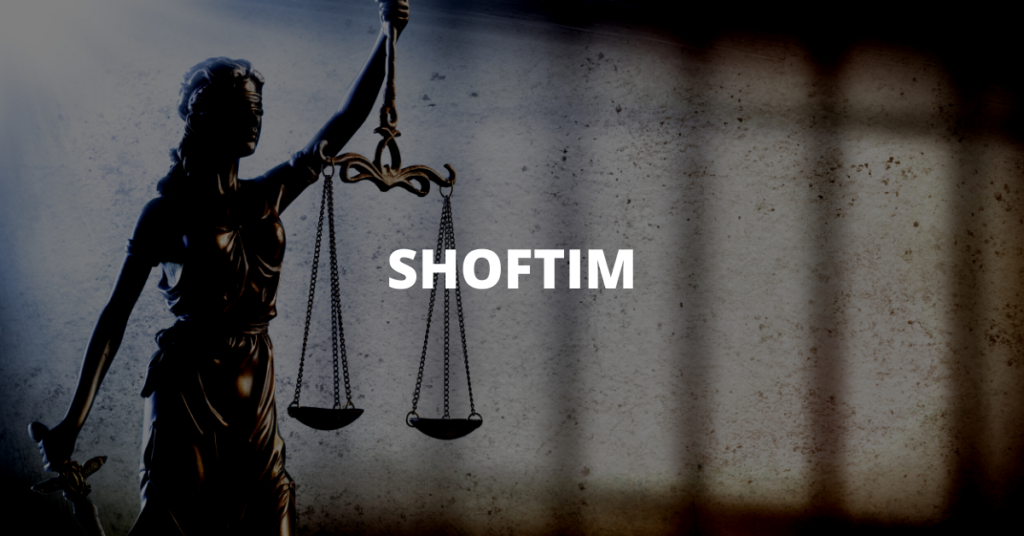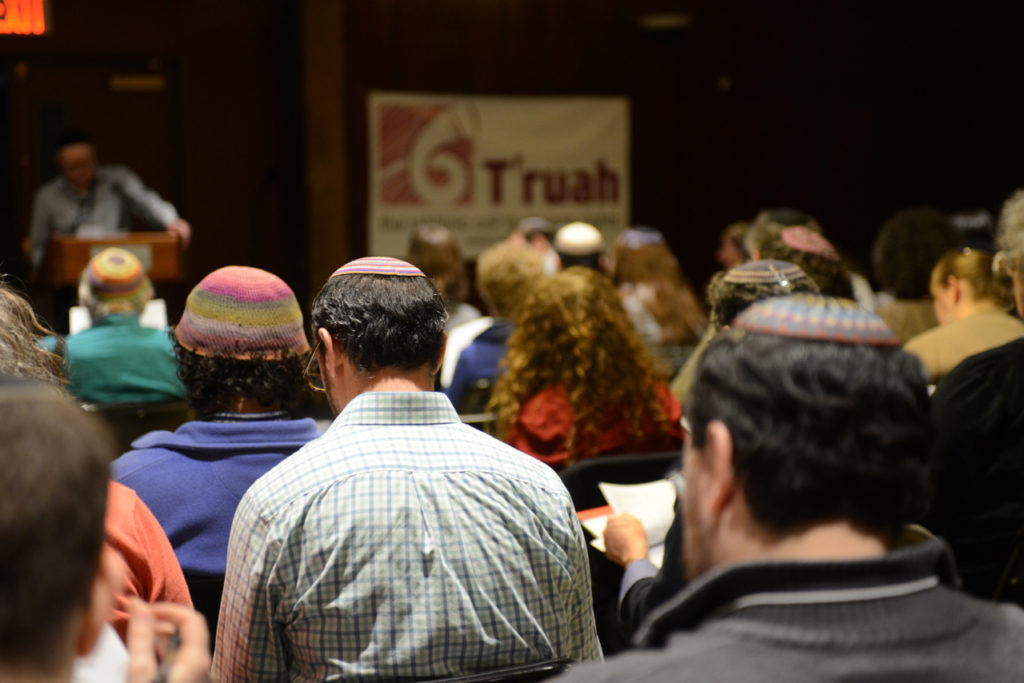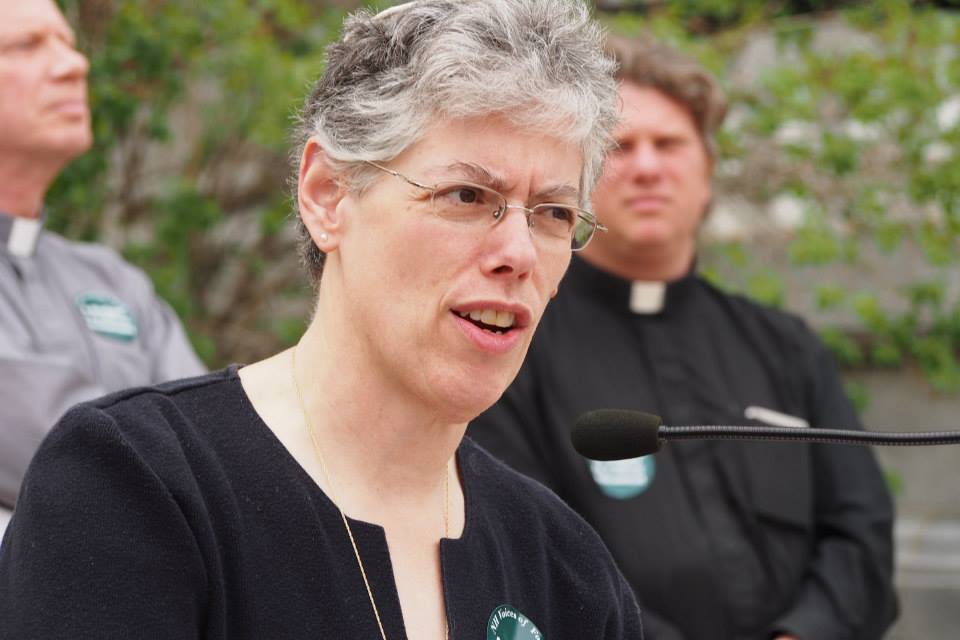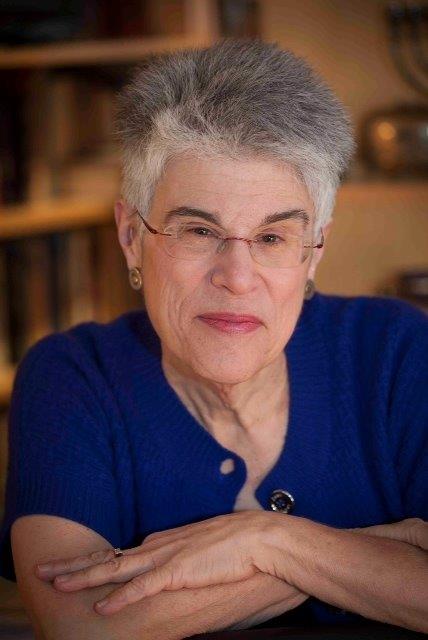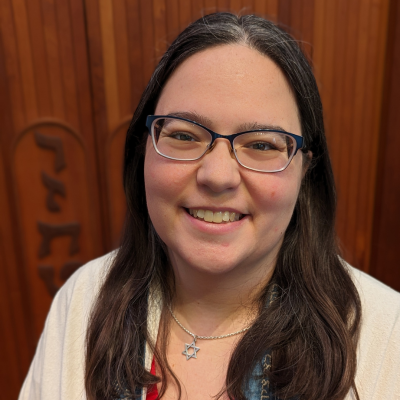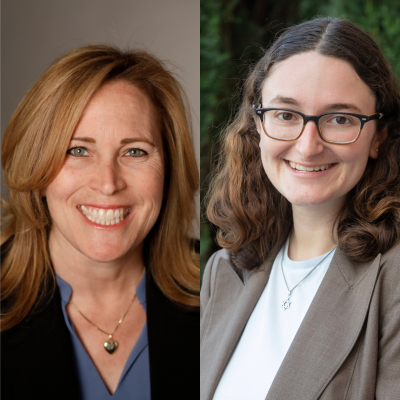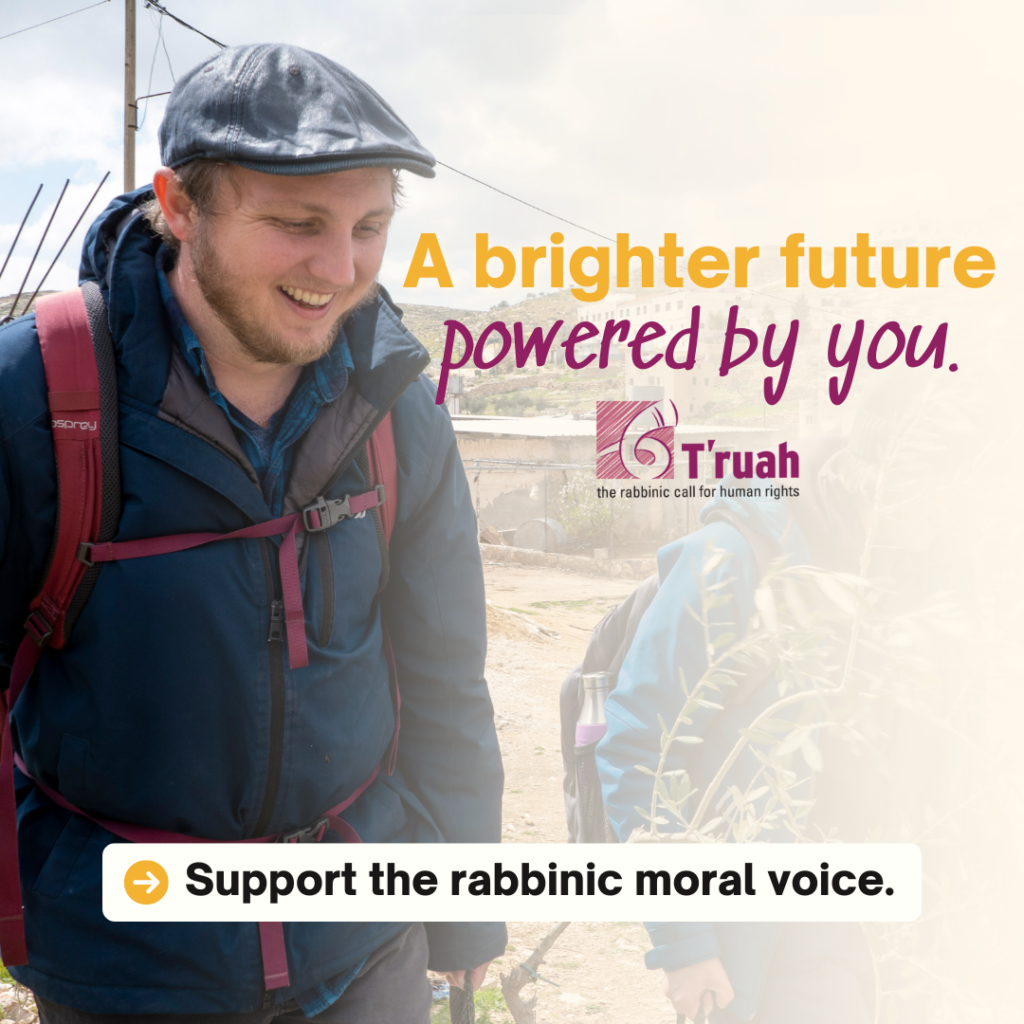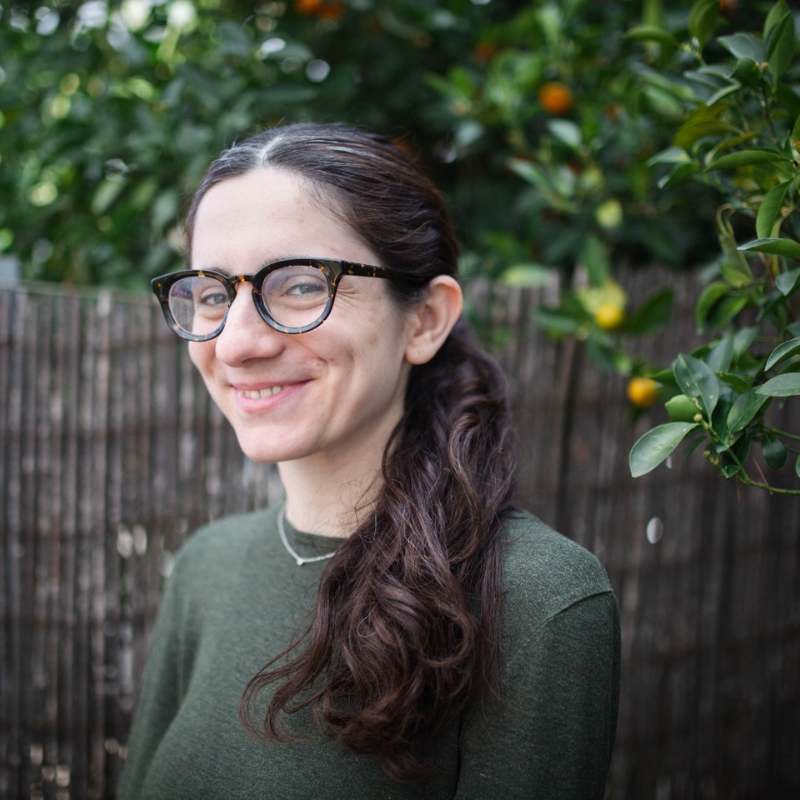
Naso: The Burdens We Cannot See
For me, acknowledging what I cannot see lies at the heart of community building. It helps me feel connected to the humanity of people in my circles and in the broader world, as ultimately the invisible heaviness of experience is one of the things that I know to be true of being human.
read more

